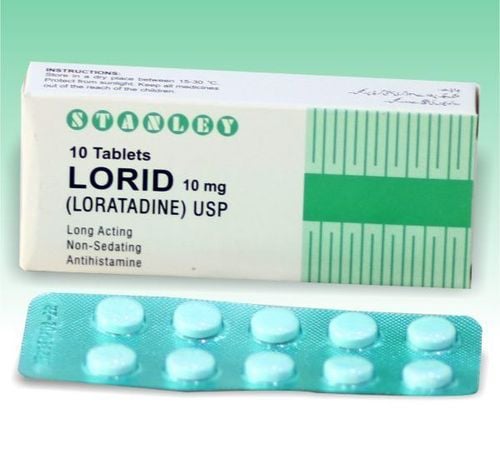This is an automatically translated article.
Snacks are very important in the nutritional menu for the development of children. In addition, snacks also help to enhance nutrition for children, especially in children who are slow to gain weight or malnourished. However, the volume of the baby's stomach is still small and cannot handle the large food needs, so breaking large meals into smaller meals will help the absorption process better. So what should parents pay attention to when feeding their baby snacks?
1. How many months do children need supplemental meals?
When children are from 7 months old onwards, mothers can supplement their children with side meals including yogurt, cheese, fruit,... Depending on the number and age of the child, no necessarily eat full or too picky in processing. For children with enough weight, it is still advisable to have snacks because this age needs to supplement vitamins and minerals from fruits.
2. When should the baby eat snacks?
“When do you give your baby a snack?” is always a question of many parents when feeding their children snacks. Children's snacks depend on the main meal and do not have to be fixed according to that time frame, but should have a separate time for each child. If children eat snacks, they need to be separated from the main meal for at least 1-1.5 hours to help children absorb the main meal better.
Snacks for children are usually fruit, milk, cheese, so the sugar content is very high, this will make the child feel full and no longer have the desire to eat the main meal. Therefore, depending on the child's main meal time, parents choose a reasonable meal time for their children. What time is the baby's snack? Parents need to remember the principle that feeding can be done at any time, but the next main meal should not be close to snack time.
3. How do children eat snacks?
Children's snacks need a balance between nutritious ingredients and an appropriate diet. Parents must train their children to eat right meals because it is very necessary for their development and absolutely do not let children snack on many things during the day.
Side dishes can be fruit, cake, yogurt or cheese,. .. but the amount should still be enough for a meal depending on the age of the child. If the child is over 2 years old, in addition to drinking milk, the child will need other foods. If the child does not eat complementary foods, it is necessary to find a variety of ways to make them more interesting. In order for a complete snack to be combined with the main meal, parents can consult nutritionists to have a suitable menu for their children. This helps to provide energy and nutrients needed for the overall development of the child.

Cho bé ăn bữa phụ lúc nào là thắc mắc của nhiều bà mẹ
4. Can side meals be preserved for a long time?
Nowadays, many mothers do not have enough time to cook for their children, so they often cook once and then ask to store a large number of snacks. However, when you want to preserve the food compartment for children, you should not mix all foods together to cook together, but need to process each type separately. For example, vegetables should not be cooked in advance, but should only be prepared by cleaning or can be chopped and divided into meals. When it's time to eat, you can bring it out to defrost and cook. Other ingredients such as meat or porridge should also be cooked separately. Because when cooking, mixing food with any boiling or cold temperature will degrade and smell of food. Therefore, mothers should prepare the ingredients, and then cook them with meat and rice before giving them to children. This is a measure that can save time for mothers while still ensuring the nutrients as well as the delicious taste of food.
In summary, snacks are very important for the overall development of children, especially those with low birth weight and malnutrition. Smaller meals will help children absorb better, because their small stomachs can't hold much food in the main meal, which will help them get hungry quickly. Therefore, snacks will help feed the child, but parents need to pay attention to how to store, process and time for the child to absorb nutrients best.
In addition, the baby needs to add the necessary micronutrients: Zinc, selenium, chromium, vitamins B1 and B6, ginger, acerola fruit extract (vitamin C), ... to improve taste, eat delicious, achieve the right height and weight, and exceed the standard, have a good immune system, strengthen the resistance to get sick less often and have less digestive problems.
Also according to leading nutrition experts, parents need to be calm and persistent when supplementing with nutrients for children, even through eating or functional foods. In particular, the use of functional foods should choose those of natural origin that are easily absorbed, do not allow children to use many types at the same time or continuously change the types of functional foods. Besides, nutritionists also emphasize on the role of biological zinc; Parents should learn and supplement zinc for children properly at the appropriate time, to avoid zinc deficiency affecting the comprehensive development of children.
Please dial HOTLINE for more information or register for an appointment HERE. Download MyVinmec app to make appointments faster and to manage your bookings easily.













